Written by Guest Contributor on The Prepper Journal.
Editors Note: Another guest post from Red J to The Prepper Journal. As we mull over our New Years resolutions, this article may give us a few ideas, may set on on a path to thinking of things that will directly effect us that we may not have considered to date.
I have been a pastor for 20-plus years. Since I discovered prepping, I have sometimes wondered how life will change for churches and pastors in a post grid-down scenario. Even if you are not a believer, your community will be affected. Here are my thoughts on how church life will change. Most of these ideas will apply to all religious groups in general, not just Christians and churches.
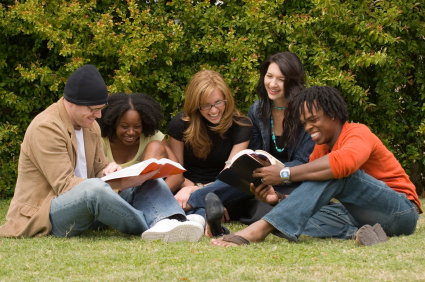
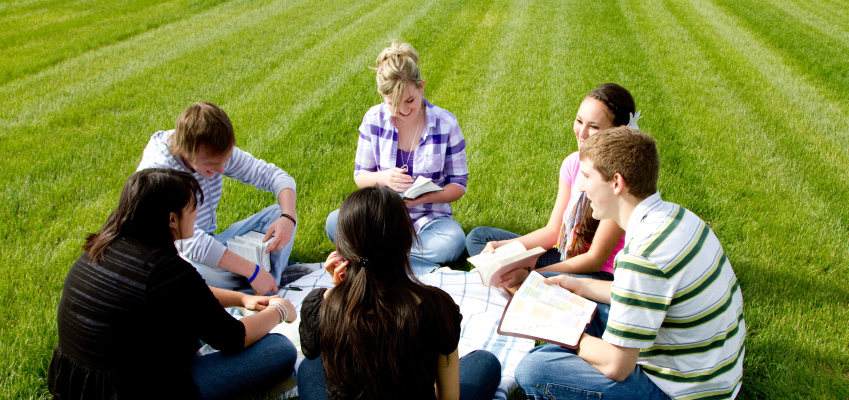
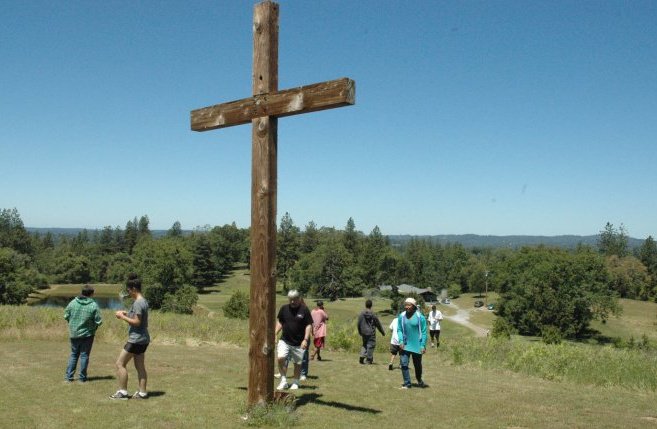
Life in a grid-down situation will become extremely difficult. Will faith endure when people face incredibly hard decisions? The closest Biblical parallel is in the prophetic period in the later period of the Old Testament. Some believers will feel like they’ve been abandoned or punished by God, and/or that God does not love them anymore. All those unconditional promises by clergy speaking for God, will seem like broken promises. Some may lose hope and forsake the faith. There will be questions of sin, God’s punishment, and whether faithful believers can still claim a covenant relationship with God. Can one still believe and hope in God when the material things have been stripped away? Can one still hope in God when one sees so much death and devastation? How can one trust in a God who allows so much pain and suffering? Church leaders will be severely challenged by such questions and complaints.


The degree to which church leaders adapt to this new way of faith, will determine how effectively they can lead people of faith. A study of Old Testament prophets could equip one to adapt faster to a similar period; investing in a few books or commentaries would prove helpful. A study of how the Israelite’s survived the prophetic era, would equip believers in a similar period. Studying how the Israelite’s survived the exile, could help those who will be uprooted by unforeseen hard times. Clergy and Bible teachers would be wise to begin studying the prophets and the exile now, so they will be prepared to help believers when times become unimaginably difficult.
One practical change is that people will stop driving to church. Imagine neighborhood churches in which people walk or bike to a church with others from your neighborhood. Even if vehicles still function after an EMP, people will probably not use precious fuel to drive 20-40 minutes to church in another community. That means that local churches will reflect the people in your geographic area.
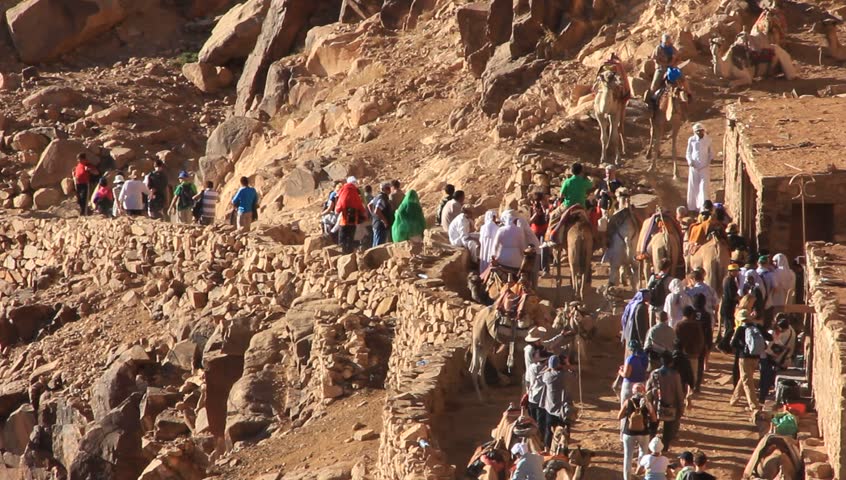
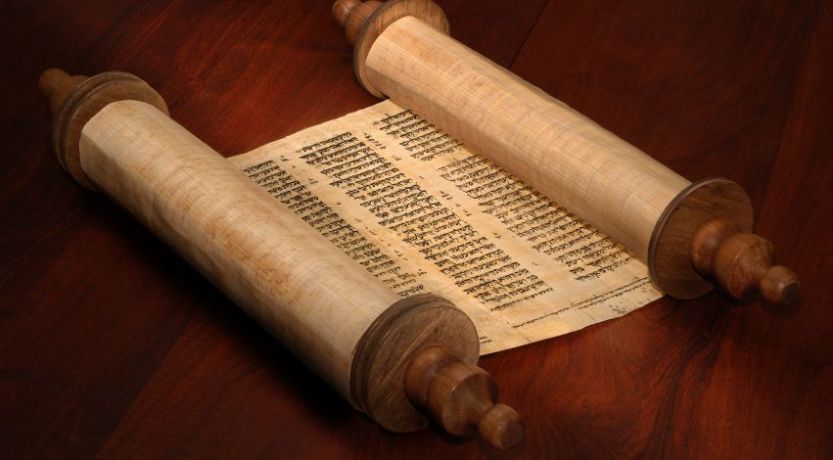
This may have good and bad consequences. It will be positive in that seeing your neighbors in church will reinforce your relationships with your neighbors, which may lead to cooperative arrangements and bartering with neighbors you trust. This will mean that you will get to know some neighbors that you rarely see now. Perhaps this means letting your neighbor borrow your roster for a few weeks, in exchange for some eggs. Or your neighbor plowing your large garden, in exchange for part of a hog. Maybe this means the people on your block getting together for a winter social event in someone’s shed or barn.


However, this may be negative if one has a bad experience with certain neighbors. For example, let’s say you agree to rototill a garden for a neighbor, in exchange for his cutting firewood for you. You did your rototilling, but your neighbor has not yet done his part. Now winter has begun, and your wood supply is growing short. How will you feel about seeing this neighbor in church? Or imagine that things have been disappearing in your neighborhood. No one knows who the thief is, but your neighbors suspect that it’s someone from your neighborhood. When you go to church, you find yourself wondering if it could be someone in your congregation.
Losing electricity will affect churches whose current pastors commute more than a few miles. If your pastor drives more than a few miles to your church, he will not likely continue serving your church in a grid-down scenario. Consider if an elder or person in your neighborhood could step in as the pastor in an emergency.

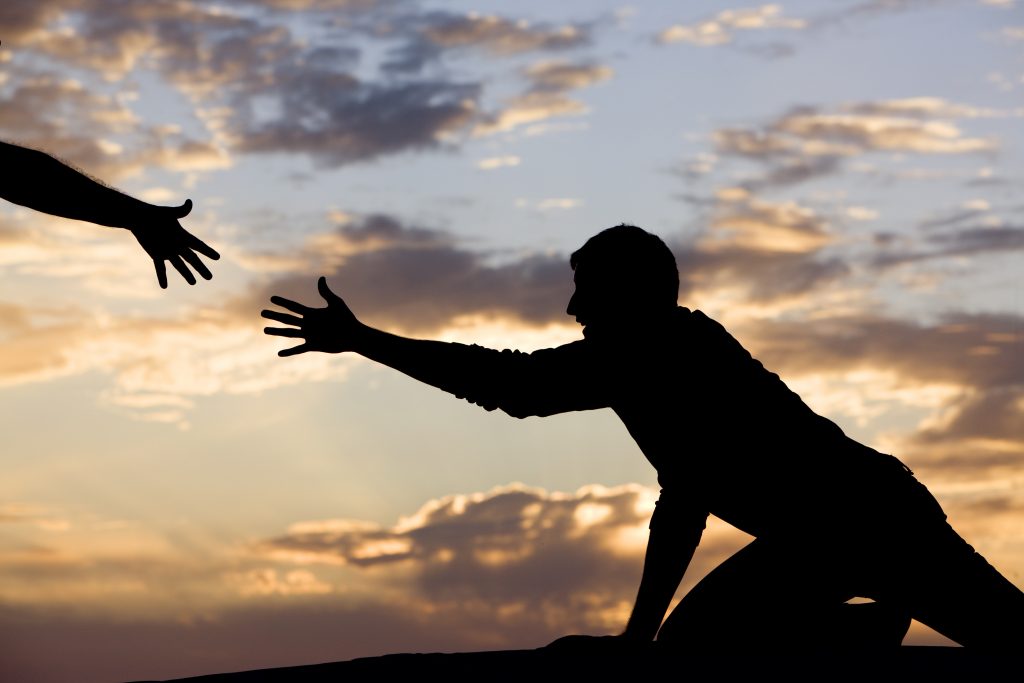
There will be a large demand for pastoral services like leading worship, teaching Bible studies, pastoral care and counseling. Remember how church attendance soared in the months after 9-11? I foresee a similar response to a grid-down scenario. However, when US dollars have little value, how will pastors and clergy be compensated? This is no small issue for pastors who have a family to feed. Back in the 1800s, it was common for pastors on the frontier to be paid in garden produce, eggs, a chicken, part of a hog that was butchered, or venison after a deer was shot. While that will help pastors, it will not likely be sufficient for provide for his family’s needs. Thus, it would be wise for prepping pastors to learn a couple other skills to help provide for their family.
Look at utilities for church buildings and parsonages. If your facility depends on natural gas or electricity, you may be wise to make contingency plans. For example, will your church building and/or parsonage have a wood stove for winter heat? Are there enough trees and forest in your area to provide wood for everyone who will be cutting it down? Will an outhouse be built behind your building after a disaster? Will you have a way to procure drinking water when electrical pumps fail? These challenges will come up quickly after the grid goes down. Thus it’s wise to have plans and materials in place now. If you and your church do not have contingency plans in place, it will take you longer to respond to a radically different way of life after a major disaster.
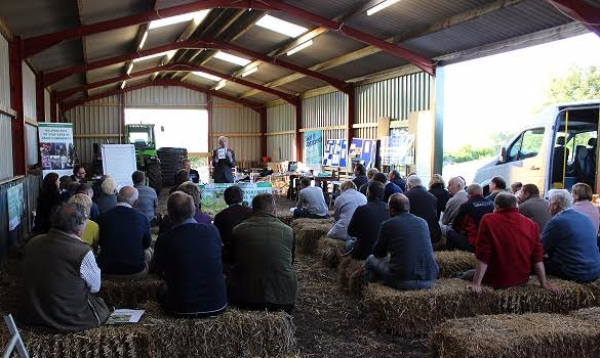
When times get hard, there may be congregations that don’t meet in a traditional church building. Some congregations may meet in a shed, barn, picnic shelter at a park, or backyard, especially if a church building is not available. Another option is for two congregations to share a building.
Can a congregation play a role in forming mutual survival groups? Some pastors know their members well. If you’re thinking of asking a member to be part of your group, you may want to ask your pastor for his thoughts on that person. He may recommend that person positively, or he may suggest being leery of that person. This is like asking your pastor to be a personal reference. There may be others in your church that you may want to ask to be a reference. Discernment is crucial when asking others to become part of your group. When asking someone for their personal thoughts on another person, assure that person that what s/he says will be kept confidential, and then keep it confidential.
Another issue will be, how will your congregation respond to those asking for food or other assistance? Such requests will increase after a disaster, and likely increase dramatically. Do you have a way to separate the legitimate requests from those who simply don’t want to work? Here’s where a neighborhood church has an advantage. Chances are, people on your church board will know who in your neighborhood has a genuine need and who has trouble getting out of bed on time or is wasting precious resources on alcoholic indulgences.
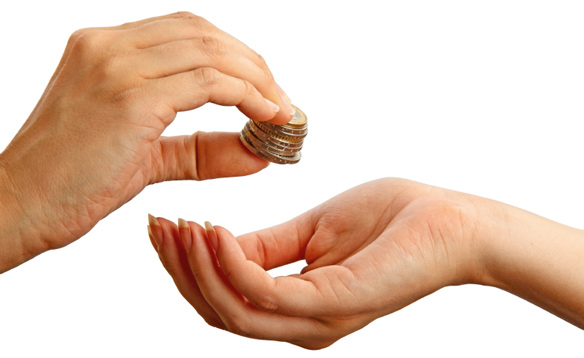
If you are a minister, you may want to get some training on caring for trauma survivors or counseling those with PTSD. It wouldn’t cost much to buy a few books on caring for those with trauma or PTSD. It may also be wise to be prepared to train members in helping those with trauma or PTSD because there will be many with those issues after a grid failure. Imagine how your church could be a blessing in your community if you trained a dozen people to help trauma victims in their families or circles of friends. Such care will help those individuals and families adjust to a different world. One can also download YouTube videos on helping people with PTSD, as long as one takes precautions to protect your device from an EMP.
In a grid-down scenario, schools will cease functioning, leaving a void for the education of children. I believe that churches could fill that need, if one is willing to make some plans. Teachers today relay on the internet and a smartboard for daily lesson plans. Imagine an elementary school using supplies and methods of a generation or two ago. That means using chalkboards, textbooks, pencils, and paper tablets. If your church prepares by buying such materials, it may not be hard to provide math, reading, writing, and U.S. history for kindergarten through 4th grade. There would be an adjustment period for teachers, students, and parents. Can a school function without buses, electricity, telephones, or internet access? Yes, if educators are willing to rely on methods of previous generations.
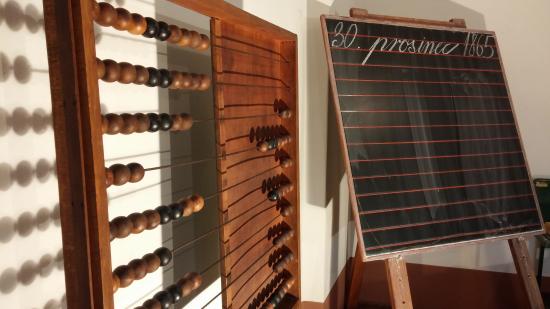

If you wonder about the education of older children and teens, I believe that they will be needed to help supply water and food for their families, because meeting our basic needs will require much more work and time. My parents grew up in the days when boys dropped out of school because they were needed on the family farm. Middle school and high schools will be seen as unnecessary luxuries that only a few can afford. However, I do see a future for apprentices to learn a skill. If you’re a hunter, farmer, gardener, blacksmith, or seamstress who can train others in those skills, it could be a way to supplement your income.
Church leaders will be challenged to show that faith, hope, and love can endure unimagined difficulties. When lifestyles change after a grid-down situation, there will be challenges and opportunities for pastors and churches that are prepared for a different world. Will your church and your pastor be ready?
The post How Church Life Will Change in a Post- Apocalyptic World appeared first on The Prepper Journal.
from The Prepper Journal
Don't forget to visit the store and pick up some gear at The COR Outfitters. How prepared are you for emergencies?
#SurvivalFirestarter #SurvivalBugOutBackpack #PrepperSurvivalPack #SHTFGear #SHTFBag

No comments:
Post a Comment